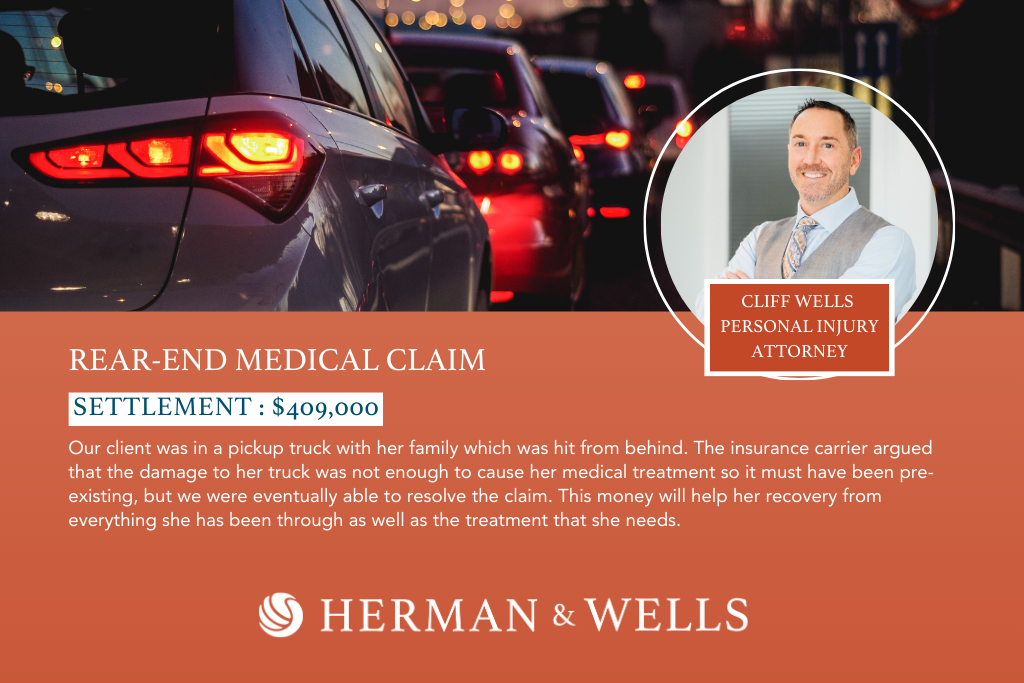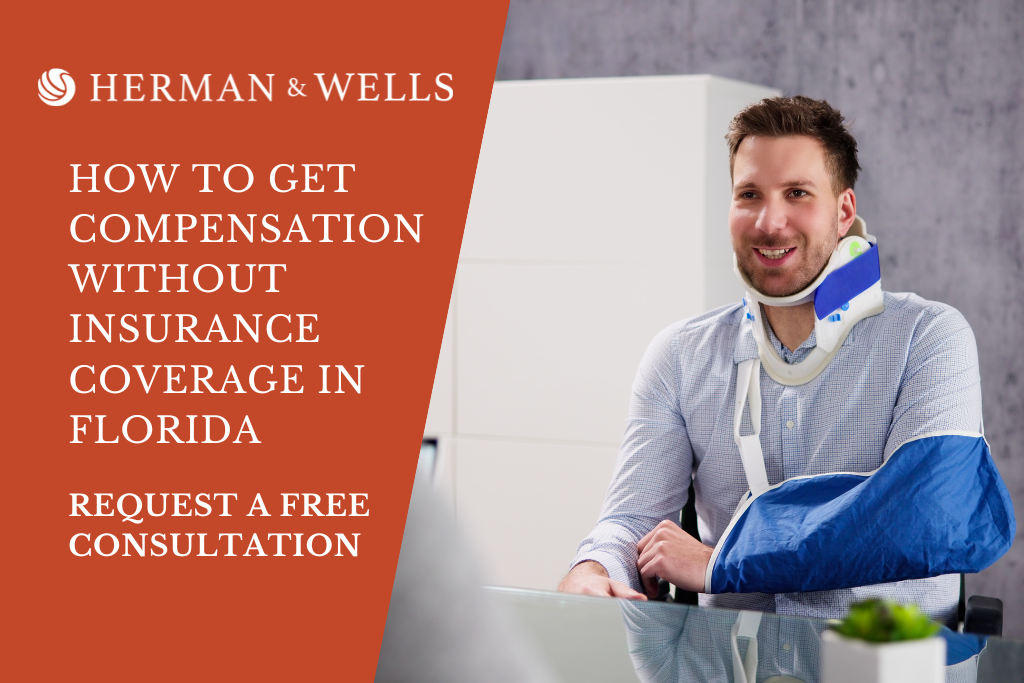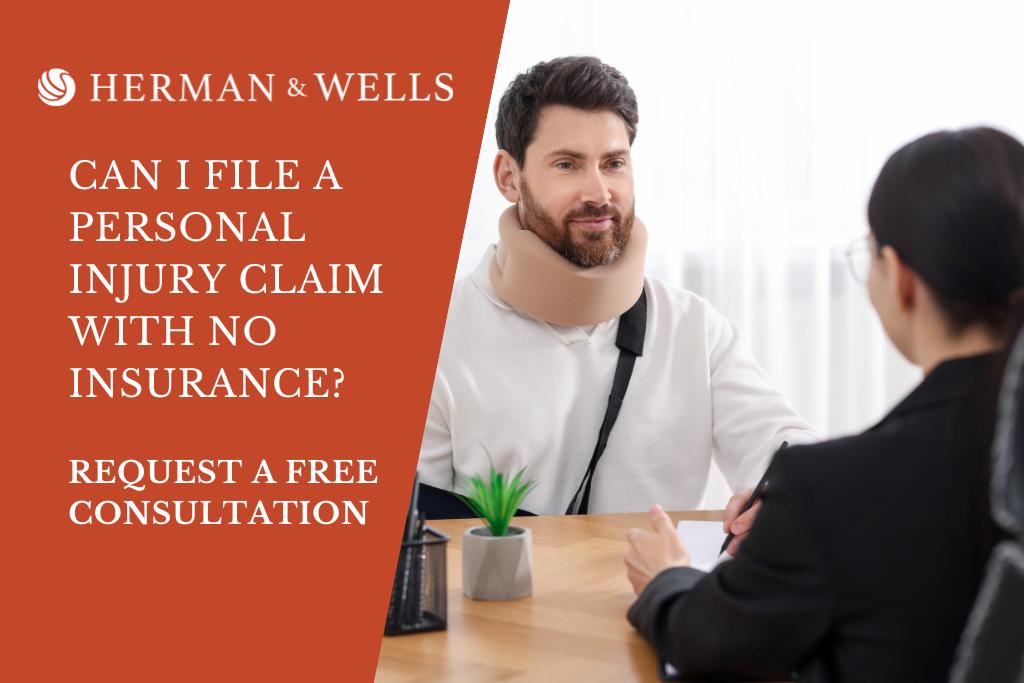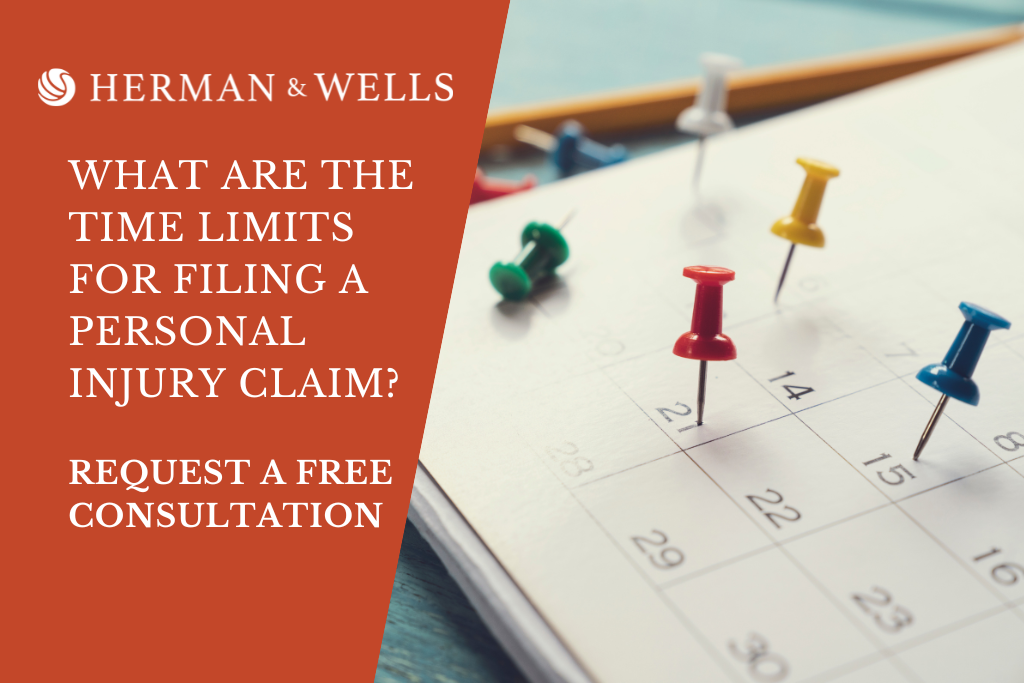When you’ve been in a car accident, seeing the doctor is probably one of the last things on your mind. But it’s important to get medical attention as soon as possible, even if you don’t think you’re hurt.
There are a few mistakes that many people make after a car accident which can end up delaying their recovery or making their injuries worse. In this blog post, we’ll look at four of the most common mistakes and how to avoid them.
If you have been injured in a car accident, the car accident lawyers at Herman & Wells may be able to help. They offer free consultations, so it is easy to find out if they can assist you with your case. Their team has a lot of experience helping people injured in Florida car accidents. This means they can provide expert guidance that will save you time and reduce stress.
Call (727) 821-3195 to schedule a consultation with a car accident attorney in Florida.
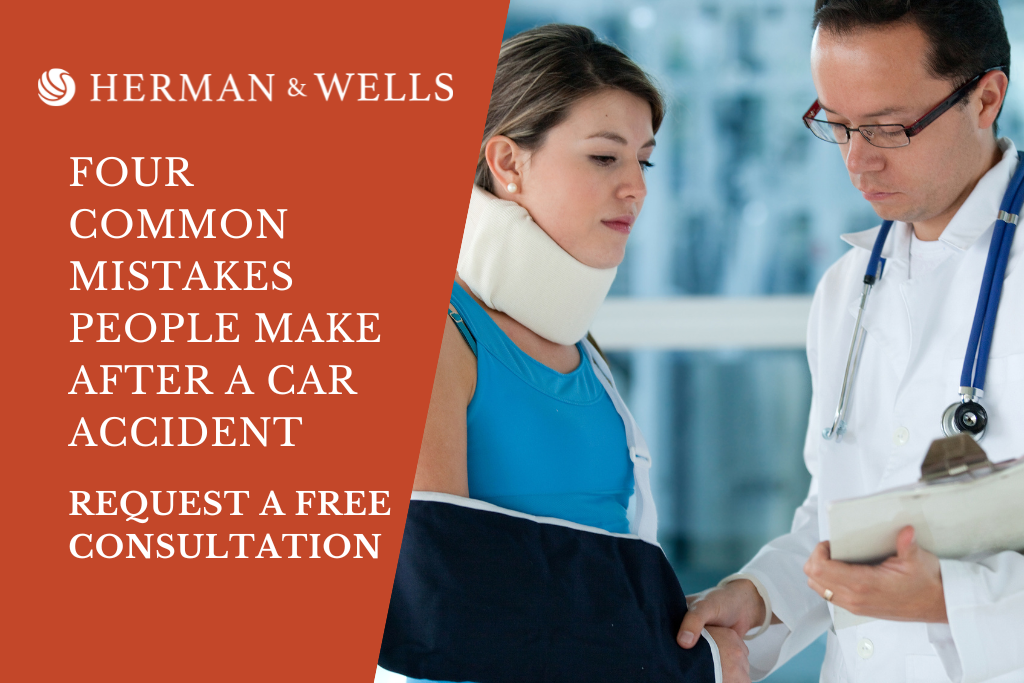
The Cliff Notes: Key Takeaways From This Post
- 1Provide a complete medical history to the doctor after a car accident, including pre-existing conditions and medications taken.
- 2Avoid lying about car accident injuries or committing insurance fraud as this may result in major legal consequences.
- 3Be specific about symptoms experienced after a car accident to ensure accurate diagnosis and treatment.
- 4Follow your doctor’s prescribed treatment plan and contact an experienced personal injury attorney in Florida after a car accident to ensure you get the right financial compensation.
Don’t Withhold Medical History Information
People need to provide a complete medical history to their doctors after they have been in a car accident because it can help doctors treat them better. Doctors need to know if you have any preexisting conditions, so they can diagnose and treat any injuries you may have correctly. If you do not provide a complete medical history, your doctor may not be able to give you the best possible care.
It is also important for doctors to know if you were taking any medications before the accident. Some medications can interact with other medications and cause adverse effects. By providing a complete medical history, you can help your doctor avoid any dangerous interactions.
Finally, providing a complete medical history can help your doctor determine if you need any follow-up care. If you were involved in a serious car accident in Florida, your doctor may want to see you again after a few weeks or months to make sure that you are healing properly.
Lying About Your Car Accident Injuries
After a car accident, it is a mistake to lie about your injuries. Most people aren’t great liars, and it can undermine your car accident injury claim in a variety of ways. This includes landing you in pretty serious legal trouble.
Don’t Commit Insurance Fraud
Insurance fraud is a serious crime that can result in significant penalties. In some cases, lying to an insurance company about your car accident injuries can qualify as insurance fraud in Florida.
This type of fraud can involve exaggerating or fabricating car accident injuries to receive financial compensation from the insurance company. It can also involve lying about the extent of damage to property or exaggerating the value of the property that has been damaged.
Insurance fraud can be a very costly crime for insurance companies, and it can also lead to higher premiums for policyholders. It is important to be aware of the consequences of committing insurance fraud and to know that you can face criminal charges if you are caught.
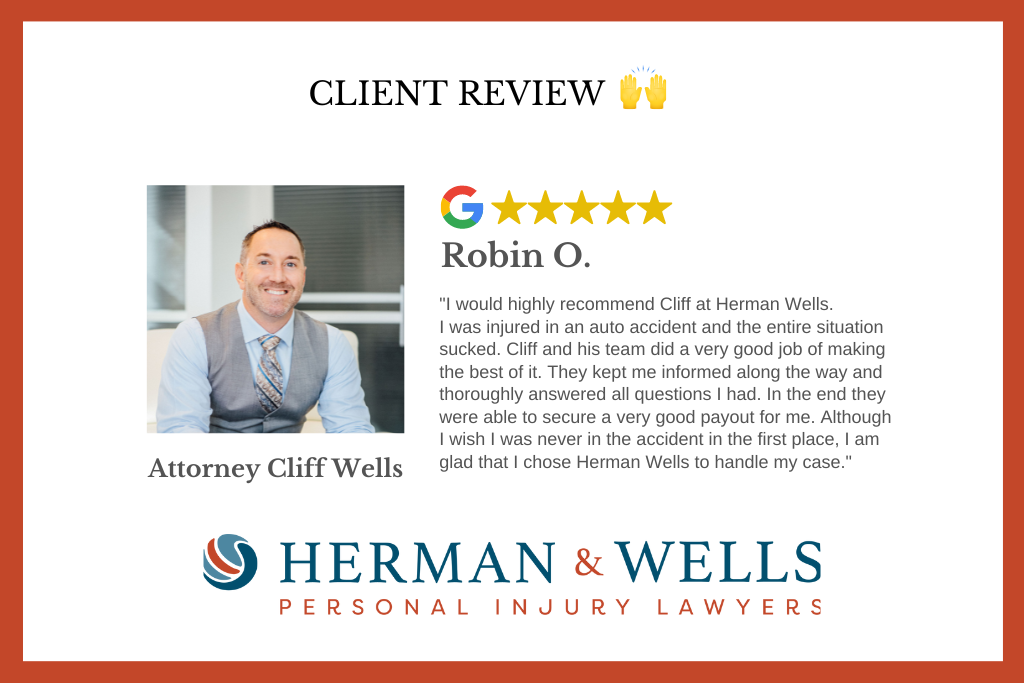
Being Vague About The Symptoms You’re Experiencing
After a car accident, you should try to be as specific as possible about the symptoms you are experiencing.
This is because if someone experiences a head injury, for example, they need to report all of the symptoms they are experiencing, such as a headache, blurred vision, or nausea. Failing to report all of the symptoms can lead to an inaccurate diagnosis and treatment.
Another reason why people should be specific about their symptoms is that different injuries can cause different symptoms.
For example, traumatic brain injuries may cause headaches and nausea, while back injuries may cause difficulty walking in addition to back pain.
By being specific about the symptoms you are experiencing, your medical team can ensure you receive the most accurate diagnosis and can prescribe a more effective course of treatment.
Not Following Your Doctor’s Treatment Plan After A Car Accident
It is a mistake to not follow your doctor’s prescribed treatment plan after a car accident.
When you are in a car accident, your body goes through an immense amount of trauma. Even if you don’t feel like you are injured, it is important to go and get checked out by a doctor. They will be able to tell you what injuries you have and prescribe the correct treatment plan for you.
If you do not follow your doctor’s instructions, you could end up making your injuries worse and prolonging your recovery time.
Gaps in treatment are also one of the major red flags insurance companies look for when evaluating a car accident injury claim. If you have been injured, it is expected that you will seek medical attention and adhere to your doctor’s treatment plan.
Contact Herman & Wells After A Car Accident In Florida
It is also a mistake to not contact an experienced personal injury attorney in Florida. Our attorneys can help you get the money you deserve for your injuries and ensure that the insurance company does not take advantage of you.
Call (727) 821-3195 to schedule a free car accident consultation with Herman & Wells.
